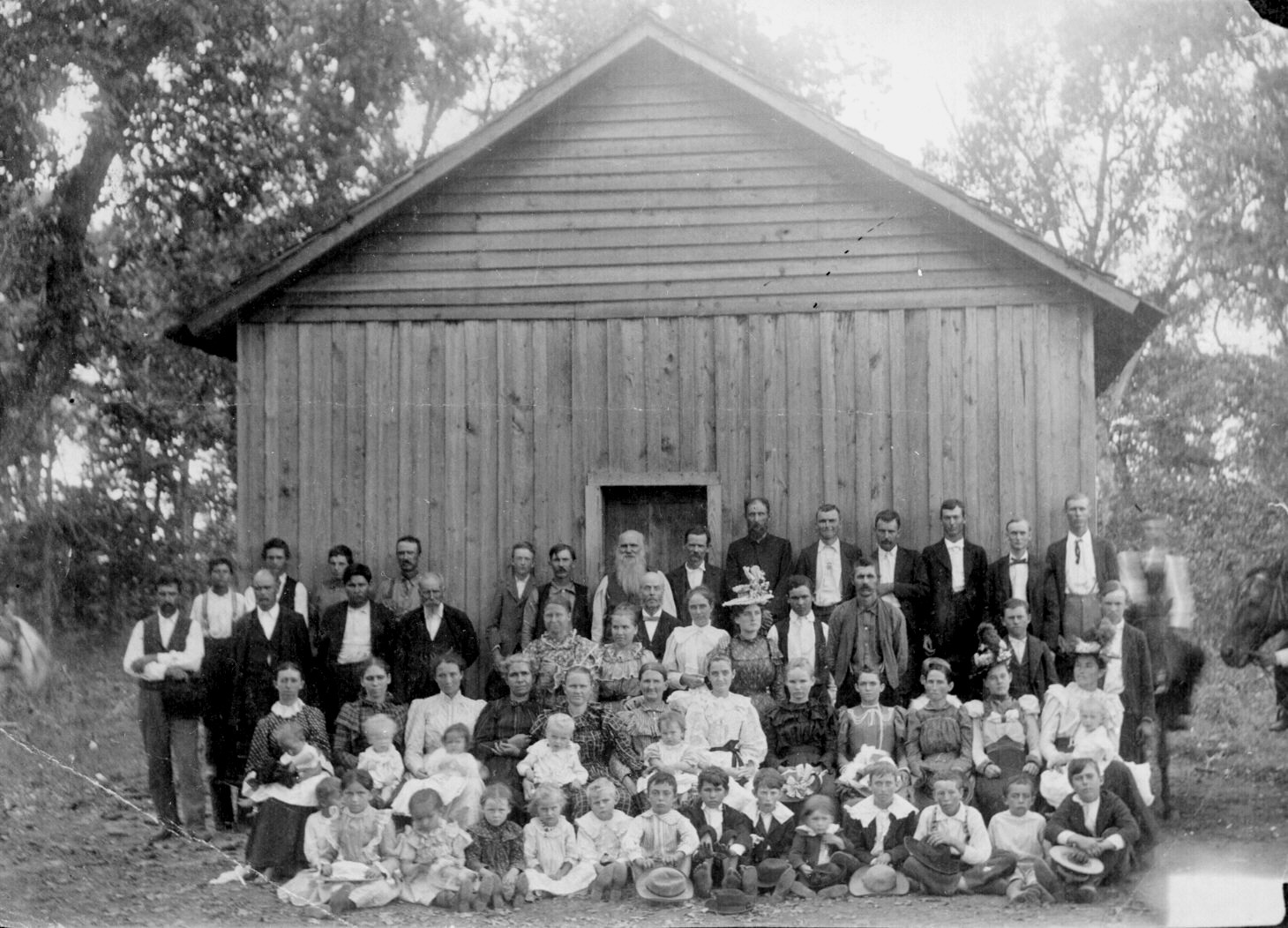I am a part of a church that has a “Sunday School” time before our whole church meets together for corporate worship on Sunday morning. As with many local churches, our Sunday school attendance is considerably lower than what church leadership would like it to be. This four-part series seeks to demonstrate the value and biblical warrant for something like Sunday school. One of our elders asked me to put something like this together to encourage others in the church to become more involved in our Sunday school hour.
At no point in the Scriptures are we commanded to have something called “Sunday school,” yet Sunday school, from its conception, has always been a way of accomplishing what we are told to do as a church in the Scriptures. So, if Sunday school is not explicitly commanded in the Bible, where does it come from?
“Sunday school” began in England and became a prominent feature in Western society for the first time in the 18th century. In the 1780s, the Industrial Revolution was in full swing. Children were often working 12 hours a day for 6 days a week. On their day off, many of these children would wreak havoc on society, by cursing, gambling, and fighting in the streets. So, Sunday school was started as an all-day evangelistic affair for the betterment of society. It was a way of presenting the gospel and God’s standard of morality to troubled kids, and it did this by taking in those kids, thus removing them from the streets, all through the allure of free education. Kids would learn how to read and write through their textbook, the Bible. In addition, the children would be taught a basic catechism, learn about morality and virtue, pray, sing hymns, and even attend a Sunday church service. The success of these early Sunday school efforts was immediately apparent both on Sunday and during the work week. It was undeniable that these children were being transformed by God’s grace.
It was clear that God was using Sunday school to radically transform society; so, due to their success, Sunday schools began to pop up in America. However, in the 1920s, education became mandated by the U.S. government, and Sunday school rapidly changed, as free education was no longer appealing or necessary. Sunday school became shorter and focused solely on biblical education and catechesis. But it was still admired and valued by previous generations, so its name and popularity persisted for a time. Sunday school became what we know it as today: a time of age-specific Bible teaching before a whole church gathers together to worship the Lord.
In many ways, adult Sunday school is comparable to a small group or community group. Both are a gathering of a portion of a local church, which allows for more discussion and questions during Bible study, the opportunity to share specific prayer requests and pray for those things, the ability to share what God has been teaching you that week, and so on. Sunday school and community groups both allow a greater degree of genuine community to form while still placing due emphasis on God’s word. In this way, Sunday school, as we know it today, goes back further than the 18th century. To prevent schism and erroneous doctrine, a community group would have never been formally allowed during the Middle Ages. But with the start of the Reformation in the 16th century and the power of the printing press, more Christians than ever had access to a Bible translated into their own language, and they wanted to read it and talk about it. In the 17th century, small prayer/Bible study gatherings became a formal part of Pietistic Lutheran churches as a way of fostering spiritual growth. By the 18th century, an influential minister you might know of, John Wesley (who himself was influenced by the Pietists), was advising believers to be a part of a small gathering outside their church’s corporate worship for accountability and prayer. We might call it “adult Sunday school,” but surely its roots predate such a name.
There are no instructions for what a Sunday school class should look like in the Scriptures, because Sunday school is not mentioned in them, but looking at the rich history of Sunday school shows that Sunday school can be a wise way to accomplish what the church is commanded to do in the Scriptures. Would you change what you do if I told you that genuinely being a part of a local church requires more from you than occasionally coming to a corporate worship time as a spectator? What if you came one hour earlier and, in this hour, read and talked about God’s word with other believers, asked for prayer and prayed with others, and began doing life together with those from the household of faith, from your church? Would you be willing to come at 9:30 am instead of 10:30 am on a Sunday morning?
Part 2: Biblical Warrant for Sunday School – Discipleship
Work Cited:
https://www.encyclopedia.com/history/applied-and-social-sciences-magazines/sunday-school-movement
https://www.desiringgod.org/articles/the-daring-idea-of-small-groups
https://research.lifeway.com/2018/07/17/sunday-school/
https://baptistcourier.com/2017/02/whatever-happened-sunday-school/

